Friendships on the Move: Supporting Military Kids and Friendships Through Change
- Marie Chardon

- Jul 30
- 7 min read
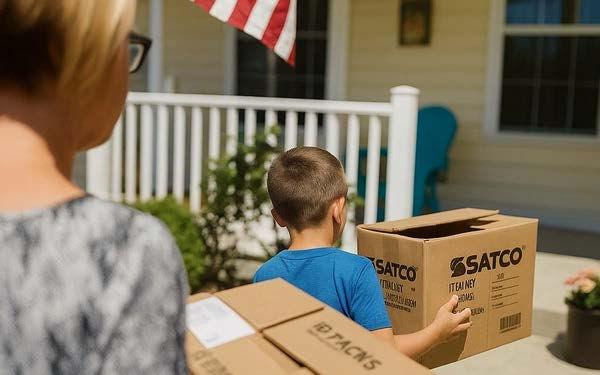
While “resilient” is the term most often used to describe military children, it barely scratches the surface of the remarkable individuals we, as active-duty parents, have the honor of raising. Military families often have to move every two to three years, requiring children and adolescents to navigate changing social groups, school settings, and even countries. These transitions often coincide with the start of a new school year, making back-to-school season an especially complex and emotionally charged time for military kids.
While many children and adolescents surprise us with their flexibility and adaptability, helping to ease their distress and foster a smooth transition into their new school and community remain top priorities for parents during a Permanent Change of Station (PCS).
The back-to-school period can heighten stress for military children and adolescents who are already managing the challenges of relocation. Parents can help their children navigate this transition by focusing on four key areas: understanding expected adjustment reactions, encouraging school and community engagement while building friendships in a new place, helping maintain long-distance friendships, and recognizing the signs that additional support may be needed.
Helping military kids and friendships thrive during a PCS takes patience, understanding, and practical support from caregivers and communities alike.
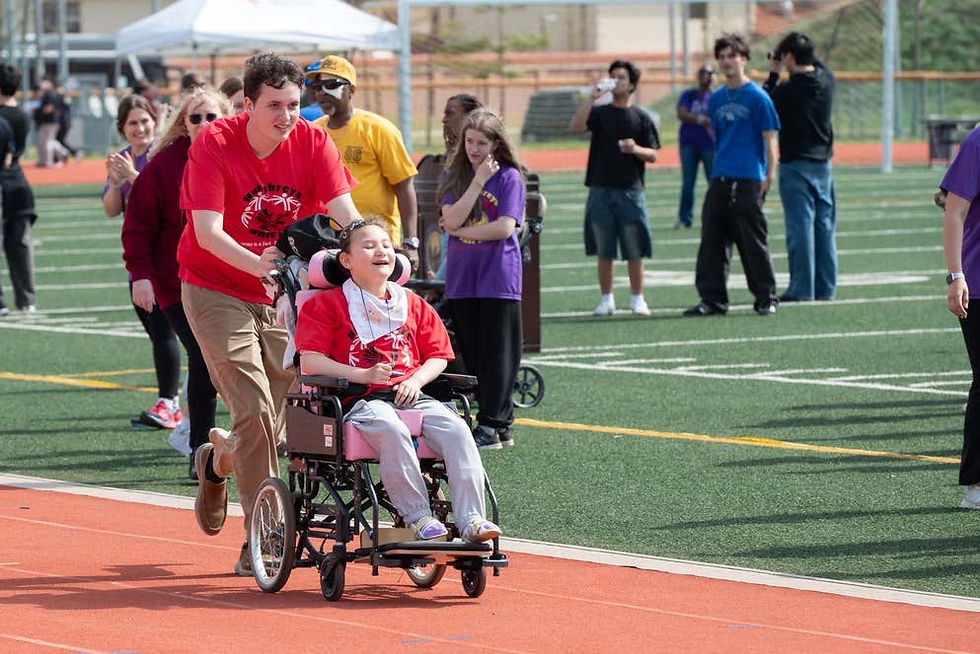
Understanding Emotional Reactions During PCS and Back-to-School Transitions
As with any major life change, it is natural for children and adolescents to experience emotional and behavioral changes throughout the PCS process, especially during back-to-school season. They may express sadness about leaving their old friends and teachers or worries about fitting in at a new school. Some children and adolescents might direct frustration or anger toward their parents for being the reason they have to move again. Conversely, others may feel excited about the opportunity to reinvent themselves or explore a new place.
These reactions—whether sadness, frustration, anxiety, or excitement—are all expected and normal during the acute phase of a PCS (i.e., the months leading up to the move and the months soon after). Allowing children and adolescents space to be vulnerable and express these feelings is integral to supporting them. It's also important for parents to remember that their own feelings about the move can influence their children, making self-awareness and open communication as a family even more critical.
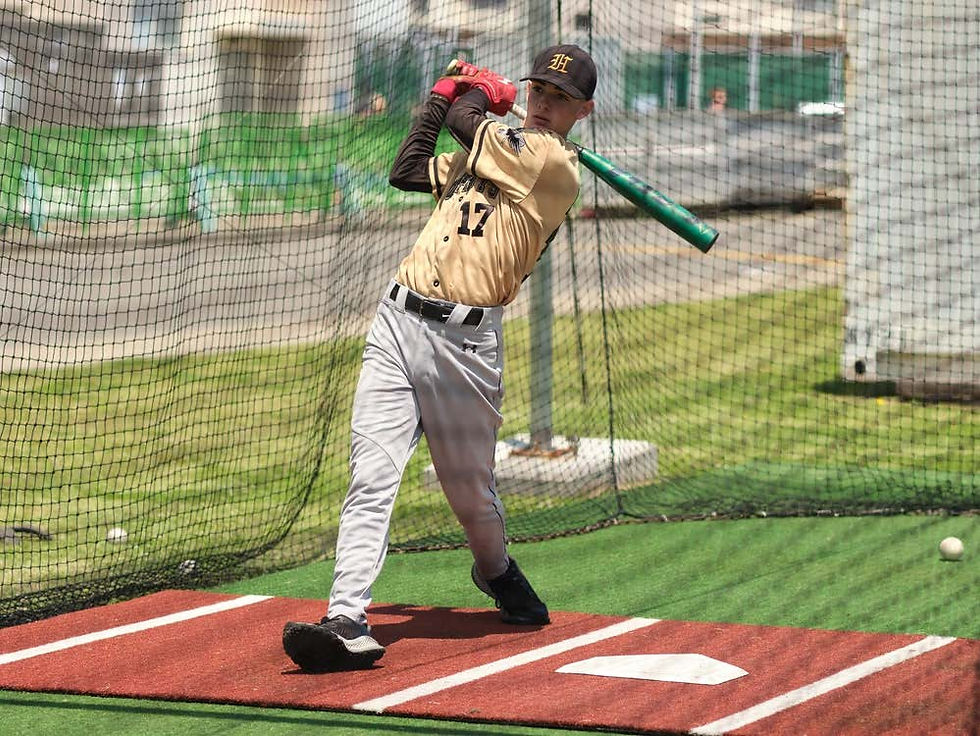
How Military Kids and Friendships Evolve at a New Duty Station
Peer connections play a crucial role in helping children and adolescents feel a sense of belonging at a new duty station and school, which has been linked to children’s well-being and academic performance. As children grow into adolescents, these relationships become even more important.
Knowing how military kids make friends in unfamiliar environments can be both inspiring and challenging for parents to witness. And parents can be proactive in creating opportunities for connection by:
Researching and identifying opportunities for your child to get integrated into their preferred extracurricular activities (e.g., sports teams, art classes, music classes).
Connecting with the larger community through social media to find other families with similarly aged children who may be interested in meeting up.
Attending on-installation events geared towards families (e.g., back-to-school nights, school orientation events, Labor Day events).
For more ideas on easing transitions, check out these PCS tips for military kids, which provide practical ways to support school and social adjustment.
Helping Military Kids Maintain Long-Distance Friendships After a Move
Frequent moves give children and adolescents the unique opportunity to develop skills in maintaining long-distance friendships. These consistent friendships can provide a sense of stability and emotional grounding, especially while they build new, proximal friend groups within their new school and community.
Parents can encourage and facilitate these long-term connections by:
Providing the time and space for video calls and chats with friends from previous duty stations (with appropriate levels of privacy).
Organizing virtual activities or shared games that allow children to interact from afar (e.g., virtual Pictionary or collaborative creative projects).
Giving access to age-appropriate multiplayer games that foster peer connections which can be a surprisingly effective way for them to bond and communicate.
Facilitating traditional pen-pal exchanges or collaborative projects like shared journals.
These strategies not only help military kids maintain long-distance friendships but also strengthen their emotional resilience with each move.
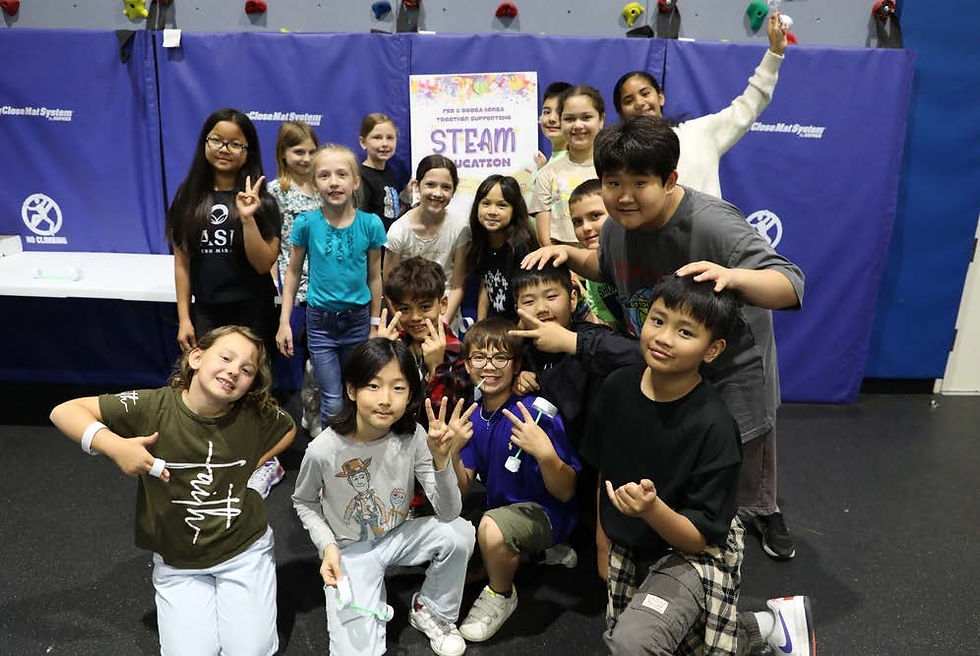
Signs Military Children May Need Additional Mental Health Support
While some mood and behavioral changes are expected during both a PCS and back-to-school, certain signs may indicate that a child or adolescent would benefit from additional professional support.
These may include:
Persistent avoidance of social situations or activities that they previously enjoyed.
Excessive worry about peer interactions, reluctance to form new relationships, or noticeable distress when facing social situations.
Persistent marked changes in behavior, such as acting out, engaging in risky behaviors, or experiencing mood swings.
Physical symptoms (e.g., headaches, stomachaches) that began around the time of the move.
Excessive use of electronics (e.g., TV, gaming, YouTube) as a way to avoid social engagement.
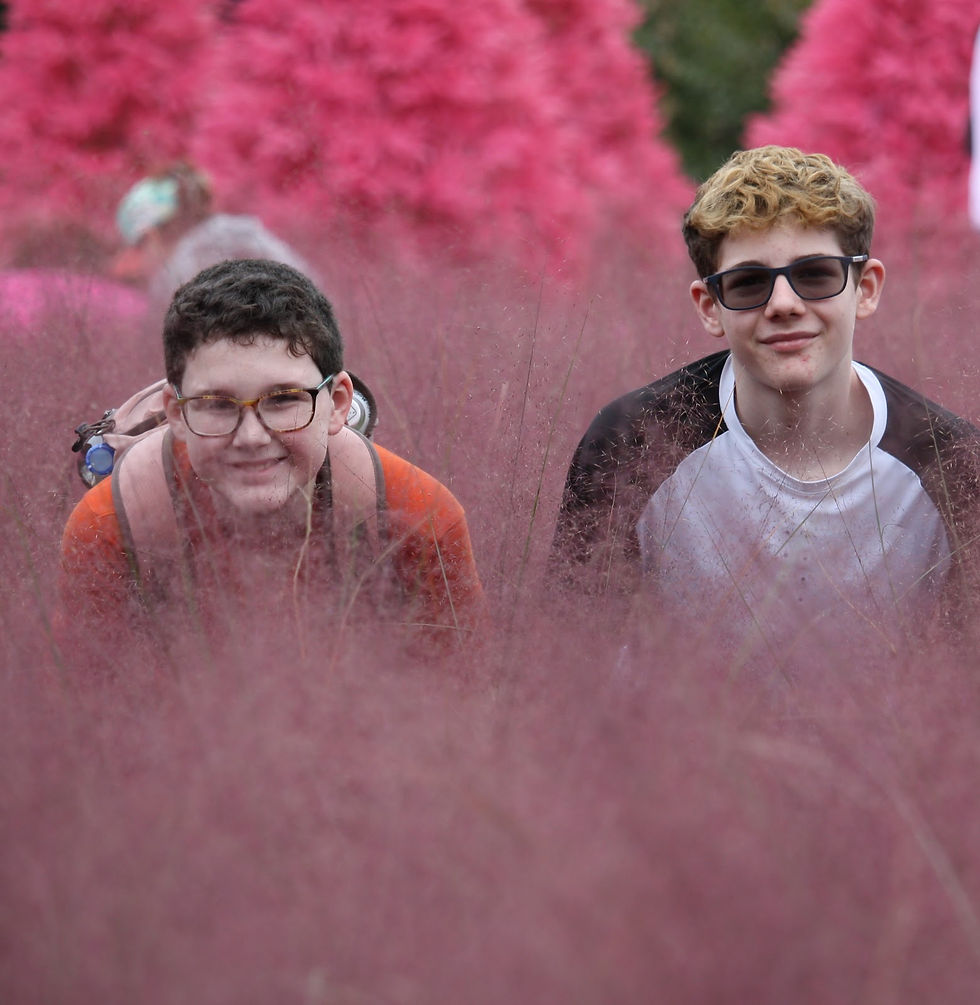
If you notice any of these signs or have other concerns about your child’s adjustment, reaching out for professional guidance can provide valuable support. School counselors or psychologists are an excellent first resource. Additionally, organizations specializing in the needs of military families, such as Adaptable Human Solutions, offer individual and family therapy to help children and adolescents navigate these challenges and build confidence in their new environment.
Proactively addressing these concerns supports not just mental health, but also strengthens military child emotional health and helps ensure they can thrive socially at each new duty station.

For more information about mental health services at Adaptable Human Solutions, please feel free to connect with us!
AHS Phone: +82-2749-7915
Website: www.ahskorea.com
Email: welcome@ahskorea.com
Additional Resources for Supporting Military Kids and Friendships
If you’re looking for more insight on how to support your military child during transitions, friendship challenges, and emotional growth, these articles and tools can help. Whether you’re preparing for a PCS, helping your child adjust to life in Korea, or looking for ways to foster long-distance friendships, the following resources offer expert guidance and real-world advice.
From United on the RoK Magazine
Explore articles written specifically for military families navigating life abroad:
PCS Tips for Military Kids: How to Prepare Your Child for a Smooth Move – Practical steps to ease relocation stress for children.
Making Korea Your New Home: A Practical Guide for Families Getting Settled in Korea – Tips to help children and families adapt to their new environment.
Moving Takes a Community: Moving to Korea with the Military – Insight on the importance of building community connections.
God, Family, and Military Life: Faith-Based Resilience – How spirituality can help children and parents adjust emotionally.
Celebrating the Military Child: Recognizing Their Sacrifices and Achievements – Honoring the strength and adaptability of military-connected kids.
Meditation for Children and Parents: Simple Techniques to Reduce Stress and Build Stronger Bonds – Tools for emotional regulation and connection.
The Impact of Nature and Mental Health: How Time Outdoors Improves Our Well-Being – Encouraging outdoor time for emotional health.
Coping with Change During Spring – How to help your child handle emotional shifts during times of change.
More Great Reads from Trusted Military Family Resources
The Challenges Military Kids Face During PCS Season and Deployments – USO – USO support systems for relocating and deployed families.
Help Military Kids Make Friends – Military Spouse – Tips for encouraging new friendships after a move.
My Adventure of Making New Friends as a Military Kid – Military Spouse – A firsthand story from a military child on forming new connections.
Military Kid Friendships: Quality Versus Convenience – Military Mom Collective – Exploring the value of intentional friendships for kids on the move.
Help Your Military Kids Make New Friends – HPRC (Human Performance Resources by CHAMP) – Actionable steps for developing social fitness and friendship skills.
Helping Military Kids Say Goodbye to Friends During PCS Season – Military Mom Collective – Emotional support strategies for farewell moments.
Helping Military Kids Thrive—One Friendship at a Time
Every military move is an opportunity for growth—not just for the children who face these transitions head-on, but for the families who guide and support them through each chapter. By taking time to understand the emotional journey of military kids and friendships, we can help them feel more secure, more seen, and more empowered to build meaningful connections in each new place they call home.
As parents, educators, and community members, we each play a role in supporting the social and emotional well-being of our military-connected youth. Whether it's encouraging a new friendship, maintaining a long-distance bond, or recognizing when additional support is needed, these small actions build the foundation for resilience and connection.
If your child is struggling or simply needs a little extra guidance as they adjust to a new environment, don’t hesitate to reach out. School counselors, psychologists, and professionals who understand the military lifestyle—like those at Adaptable Human Solutions—are here to help.
Let’s continue showing up for our kids, listening with intention, and creating spaces where friendships can grow—even in the face of constant change.
Frequently Asked Questions
How can I help my military child make friends after a PCS?
Encourage participation in local events and extracurriculars, connect with other families online, and help maintain long-distance friendships for continuity.
Is it normal for my child to feel sad or anxious after a move?
Yes. Emotional reactions like sadness or anxiety are common after relocation. These feelings often pass, but additional support may help if they persist.
How long does it take for military kids to adjust after a PCS?
It varies by child, but most begin to feel more settled within 3–6 months, especially with consistent support and routines.
*The appearance of U.S. Department of Defense (DoD) visual information does not imply or constitute DoD endorsement.
**The information provided in this article is for educational and informational purposes only and is not intended to replace professional mental health treatment or to serve as a diagnosis or treatment for any health condition. This article does not establish a client/therapist relationship between the author and the reader. Readers should consult their own licensed medical or mental health providers for personalized advice and treatment for any concerns related to their health or well-being. Always seek the guidance of your qualified professionals regarding any specific questions or concerns you may have regarding your health.




Comments